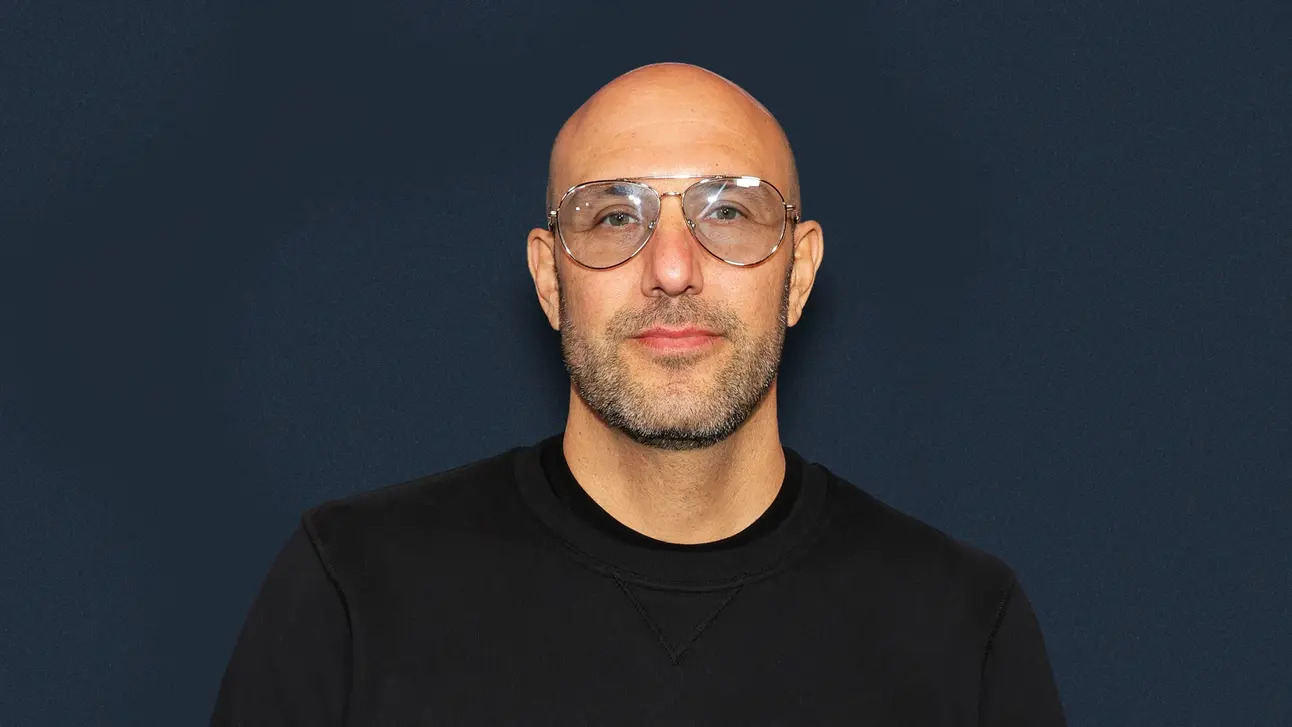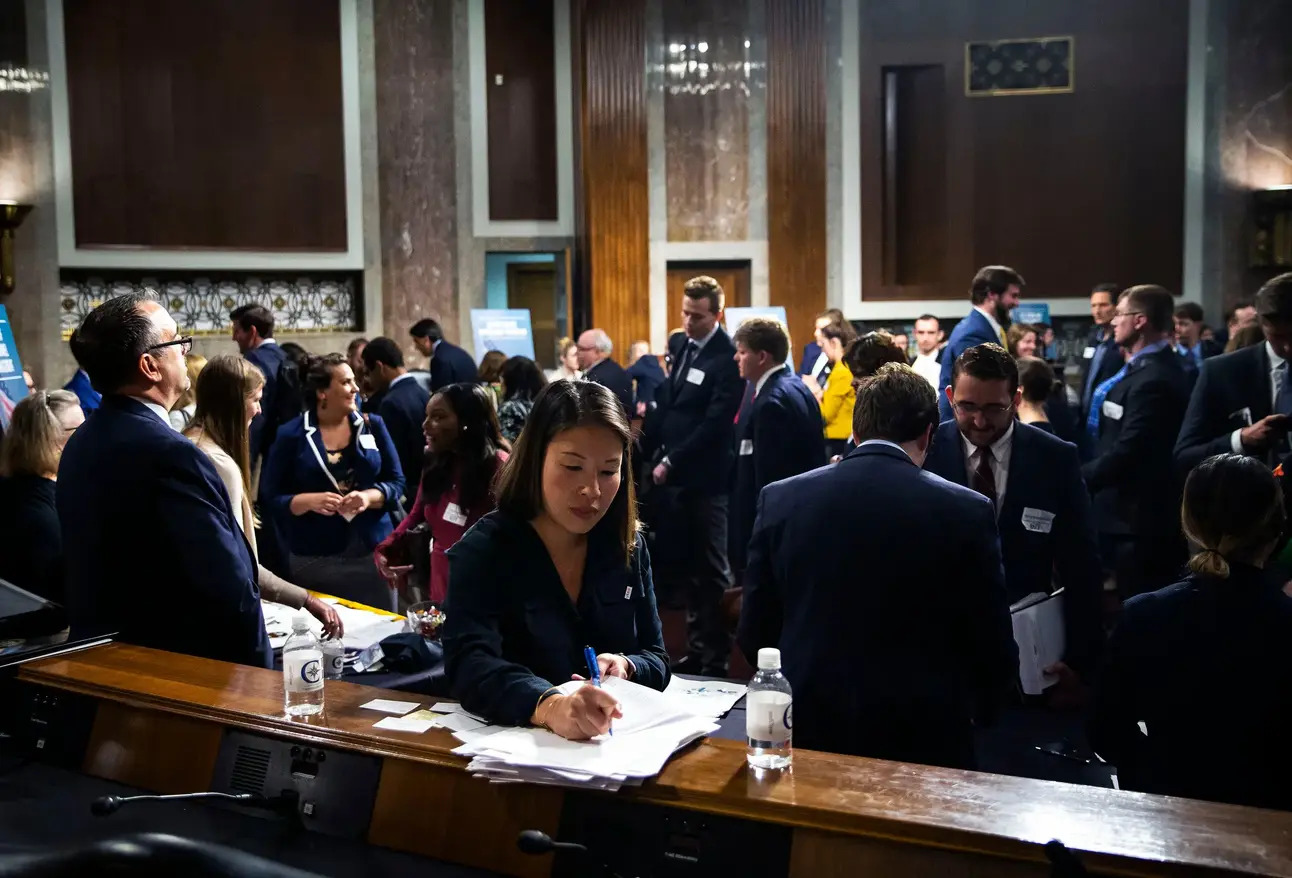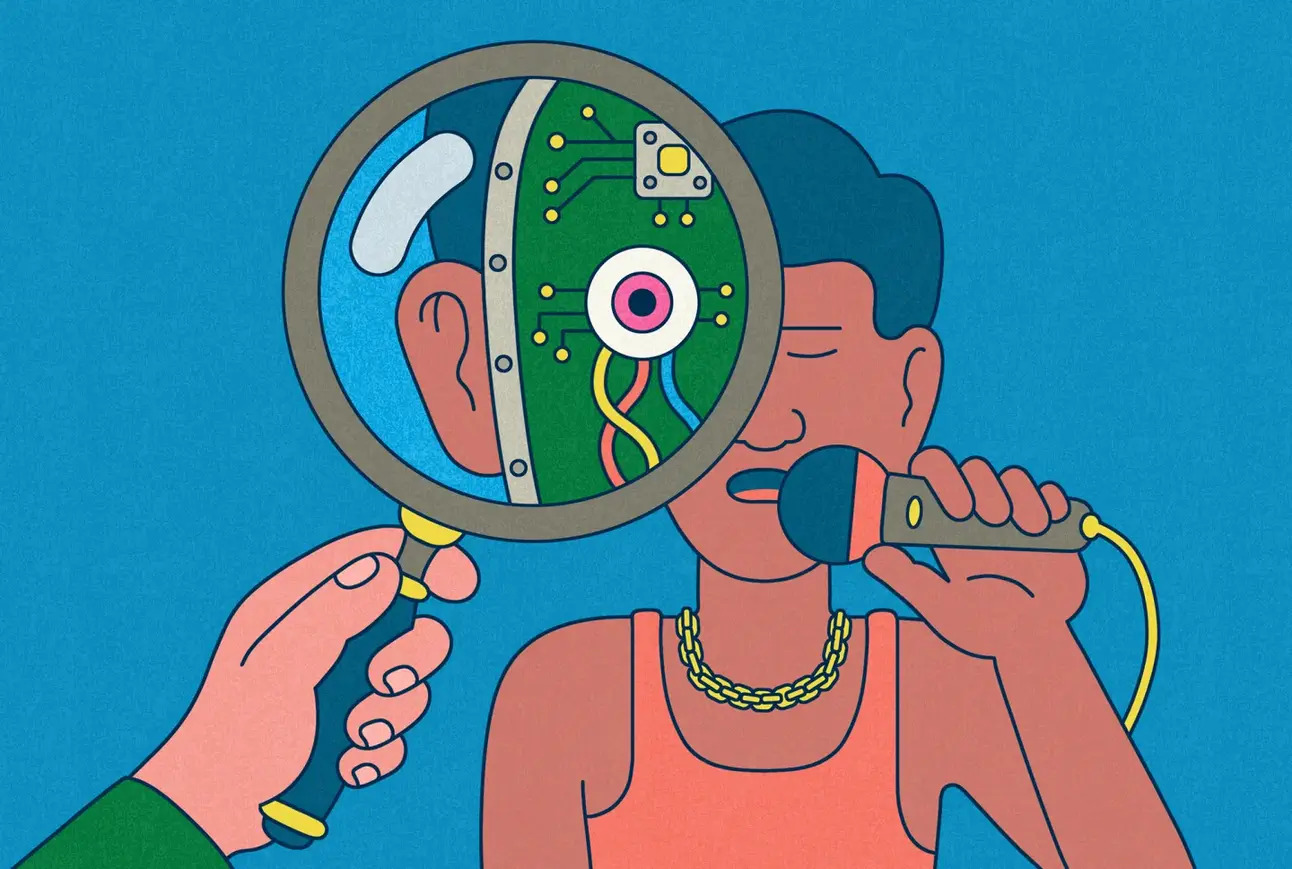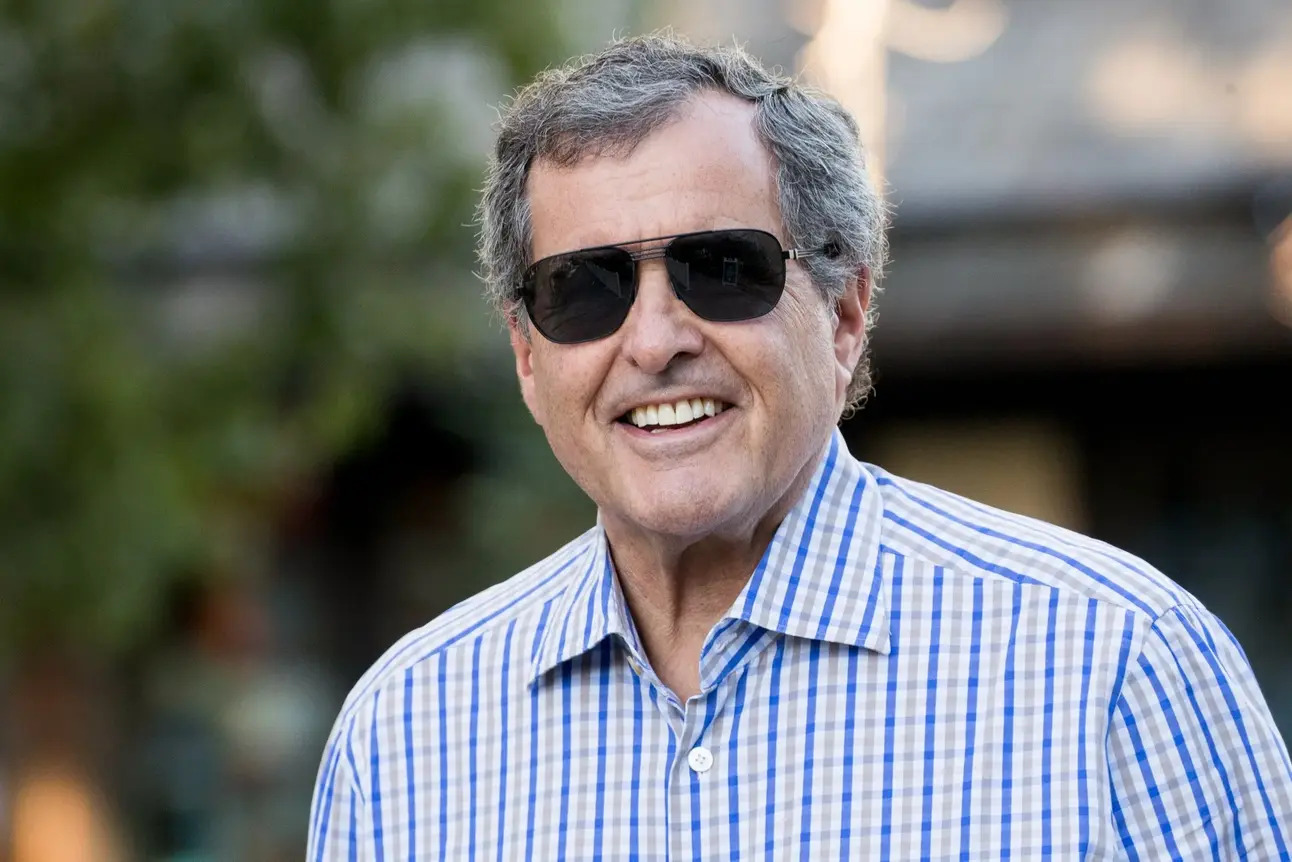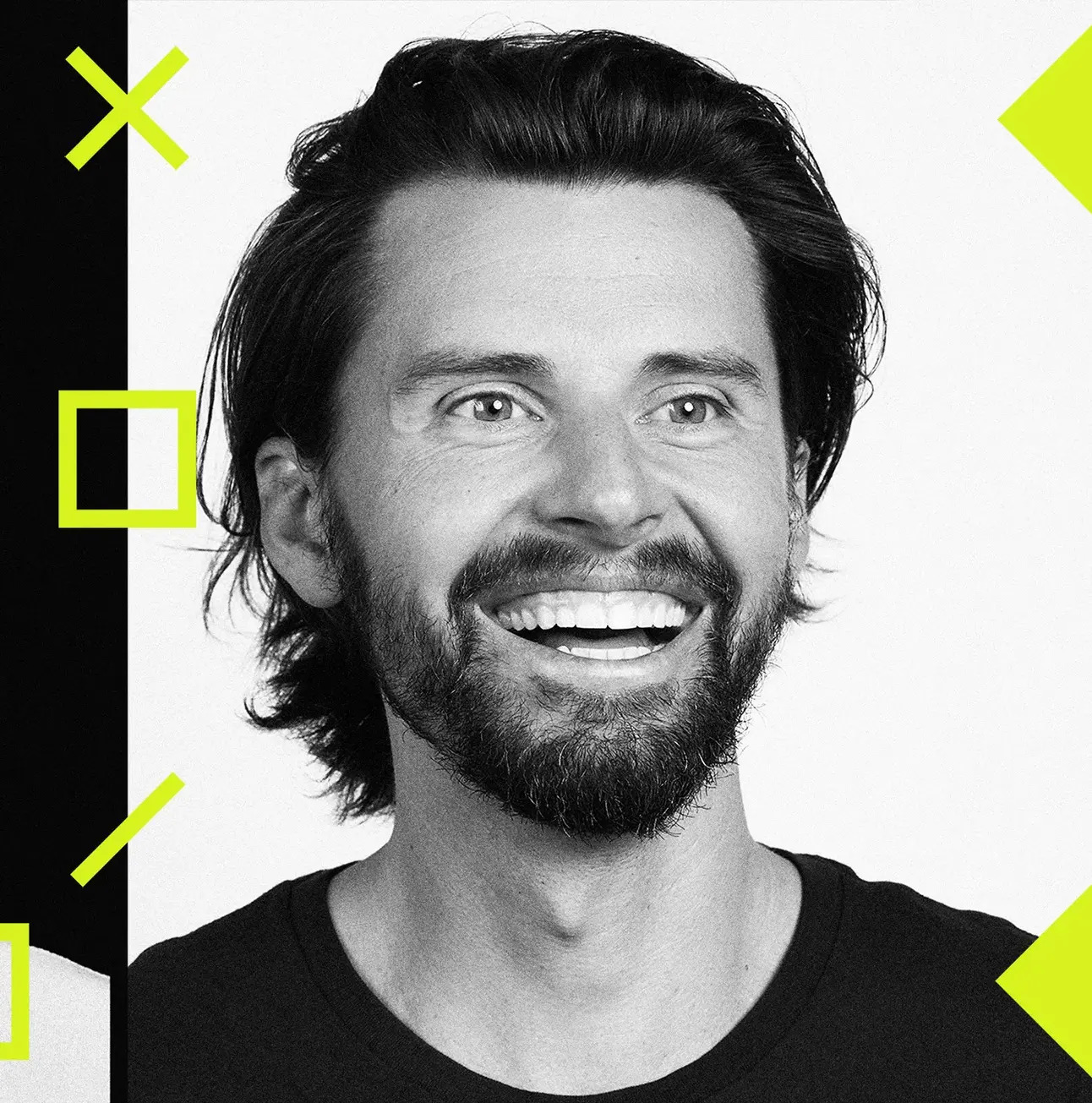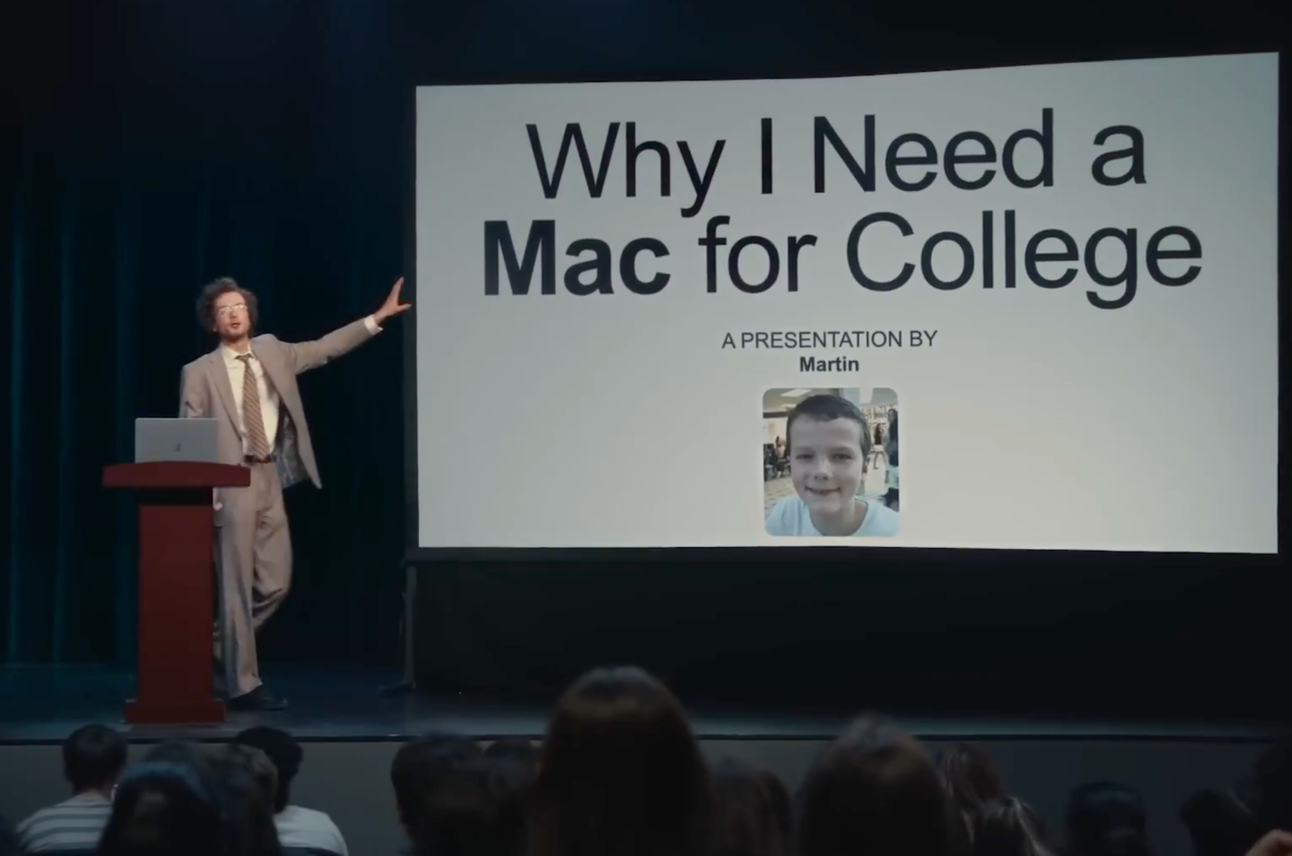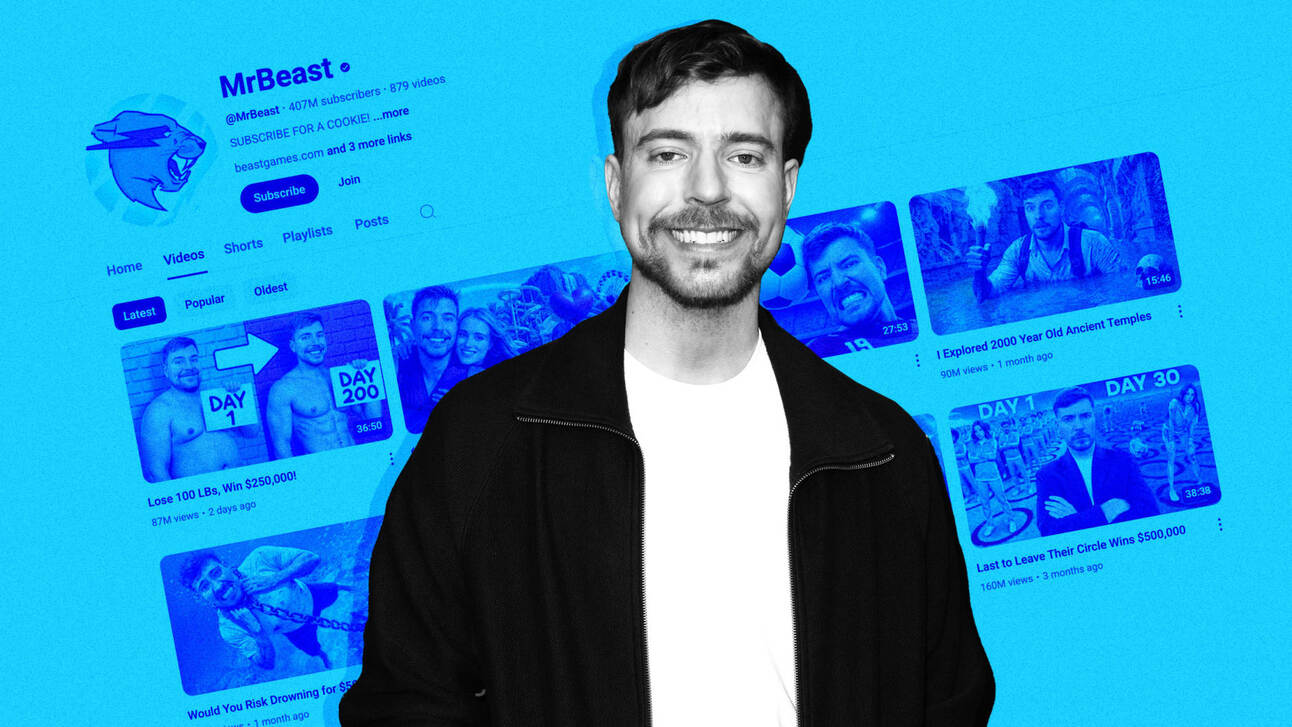- The 10 Things Newsletter
- Posts
- Why does Apple keep pulling its own ads?
Why does Apple keep pulling its own ads?
Plus: The music industry is building the tech to hunt down AI songs

Hey there—Ryan here in sunny LA ☀️. Here’s what I’m tracking today across entertainment, tech, and marketing:
Real connection is back in style—at least if Hinge has anything to say about it. CEO Justin McLeod is calling out AI romance as “emotionally dangerous,” doubling down on helping users find love offline. Meanwhile, Boardroom (yes, Durant’s media baby) just dropped a $3,600 invite-only club that blends sports, culture, and access—it’s Soho House for the power set.
At Apple, the marketing misfires keep piling up. The company just pulled another campaign—an 8-minute Mac promo aimed at teens—after backlash over its manipulative tone and cringe humor. That’s four takedowns in a year for a brand known for creative precision, suggesting even Apple isn’t immune to the culture-check gauntlet.
Over in Cannes, AI companies may have skipped the beachside panels, but their shadow loomed large. Execs from Perplexity and Anthropic were quietly wooing CMOs as brands brace for a world where AI agents control the consumer journey. And publishers? They’re bracing too—as search bots skim content without sending traffic back, threatening the business model of the open web.
And in the streaming war’s latest twist, Apple TV+ just inked a first-look film deal with North Road, locking in prestige cinema as it eyes its own Oscar lane. Meanwhile, Pixar’s Elio struggled at the box office—highlighting just how tough it’s become to launch original stories in a market where familiar IP still rules the game.
Let’s get into it. 👇
Thanks for reading! Enjoyed this edition? Share it with a friend or colleague!
Was this forwarded to you? Sign up here to receive future editions directly in your inbox.
Support the Newsletter: If you’d like to support my work, consider contributing via Buy Me a Coffee.
Stay Connected: For more insights and updates, visit my website or follow me on LinkedIn, YouTube, and TikTok.
Work with Me: Interested in partnering with me on sponsored content, consulting/advising, or speaking and workshops? Get in touch here.
How was today's newsletter?Feedback helps me improve! |
